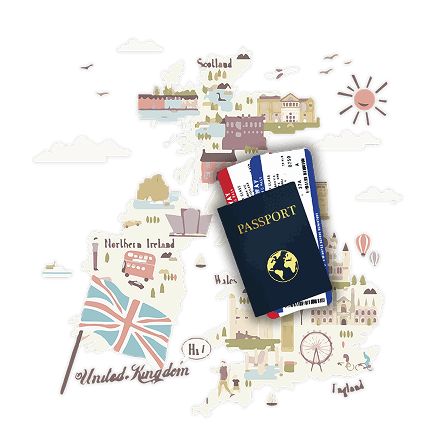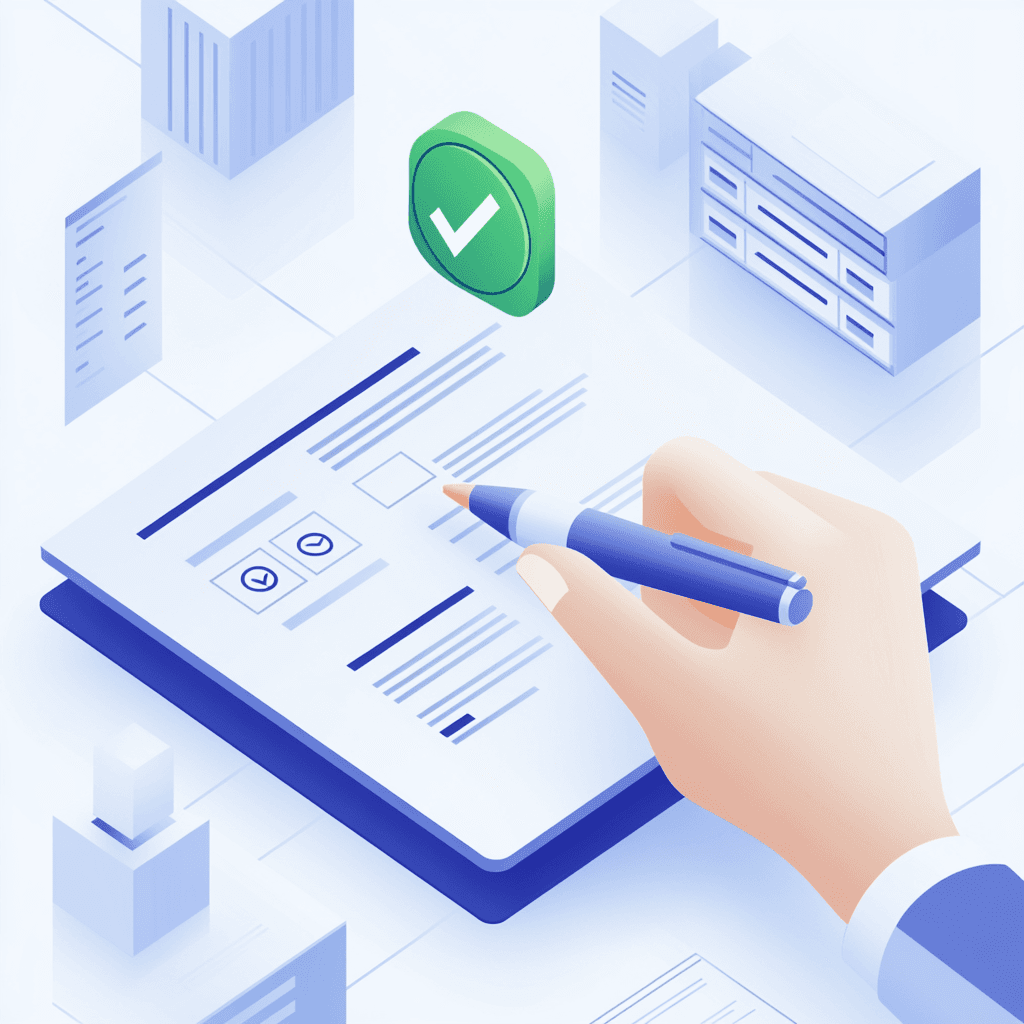Trusted by UK Employers Across Industries
Join the network of leading companies transforming their workforce management
Why You NeedSponsor Licence?
Recruit Skilled Workers from Outside UK to Fill Talent Gaps
Hire Right Talent to Drive Innovation and Business Growth
Support Your Business Expansion Plan
Stay Competitive in Your Industry with Highly Skilled Workers
Allow You to Legally Employ Non-UK Workers
Long Term Staff Retention & Peace of Mind

How we can help you?
Immigration Support For Your Business - All Through A Single Platform - Single Platform Solution
Secure Your Sponsor Licence with Ease
We help businesses obtain and manage their Sponsor Licence, ensuring a smooth application process and full compliance with UK Home Office requirements.
Guide to UK Skilled Worker Visa Sponsorship
Your Path In Securing SPONSOR LICENCE & Skilled Worker VisaAll in One Platform
Get your Free Eligibility Assessment
Before applying for a Sponsor Licence, businesses must meet certain requirements set by the UK Home Office. Our Experts Review will help determine whether your business qualifies.

Get your Sponsor Licence
Securing a Sponsor Licence is the first step to hiring skilled workers from outside the UK. Whether you're a startup or an established business, having a licence allows you to legally sponsor international talent and fill crucial skill gaps.

Assign Certificate of Sponsorship (CoS) to Your Skilled Worker
Once your business has secured a Sponsor Licence, the next crucial step is assigning a Certificate of Sponsorship (CoS) to the skilled worker you want to hire. A CoS is a unique reference number that confirms the job offer and enables the worker to apply for a Skilled Worker visa.

Submit Application for the Skilled Worker
Following the assigning of Certificate of Sponsorship (CoS), the next step is for your skilled worker to submit their Skilled Worker visa application. This is a critical stage that requires careful preparation to avoid delays or refusals.

Maintain HR & Compliance
Holding a Sponsor Licence comes with ongoing responsibilities. The UK Home Office requires businesses to have robust HR and compliance systems in place to prevent illegal working and ensure sponsorship duties are met. Failure to comply can result in fines and penalies including licence suspension or revocation.

Hundreds of Companies Trust Us
We handle all the immigration paperwork-- You focus on finding the right people
0
Companies Trust Us
0
Sponsor Licences Granted
0
Visas Granted
0
Home Office Approval Rate
What Our Clients Say
Discover why our clients love working with us. Real stories from real people who have experienced the difference our services make.
Had a great experience! Big thanks for all the support with my visa. The team’s really helpful, especially Fahim bhai. Would definitely recommend if you need help with visa stuff!

Tanafz
Scotland, UK
A huge thank you to Fiyadh and his team for expertly guiding us through the process of maintaining our Sponsor Licence. Their deep expertise in immigration compliance, especially in SMS portal management and HR compliance, has been invaluable in keeping us fully aligned with all regulations.

MD Ashiqur Rahman
Scotland, UK
I had a super experience throughout the journey. Me and my wife always got great help and cooperation from the team. Everyone is very helpful. A special thanks to Fahim bhai for his continuous support. Wish you good luck A2Z Immigration Solutions Ltd.

Mohammed Afzal
Scotland, UK
A2Z Immigration Solution team is fantastic! They helped me with my immigration docs, and I’m thrilled with the outcome. Sharon’s professionalism and the team’s efficiency are amazing. Highly recommend their friendly, expert service!

Nahid Tangil Rahaman
Scotland, UK
They provide their clients all the relevant and true information required to make their migration journey as obstacle free as possible, would highly recommend to all people who are interested in moving to UK.

Aamna Haneef
Scotland, UK
I'm really appreciate their service. everyone is very helpful and kind. One thing i really like,that is they always give good and helpful advice.

Ahmed Shuvo
Scotland, UK
Blog & News
Frequently Asked Questions
Our core services include sponsor licence applications, visa sponsorship, compliance management, and immigration strategy consulting for UK businesses looking to hire international talent.

